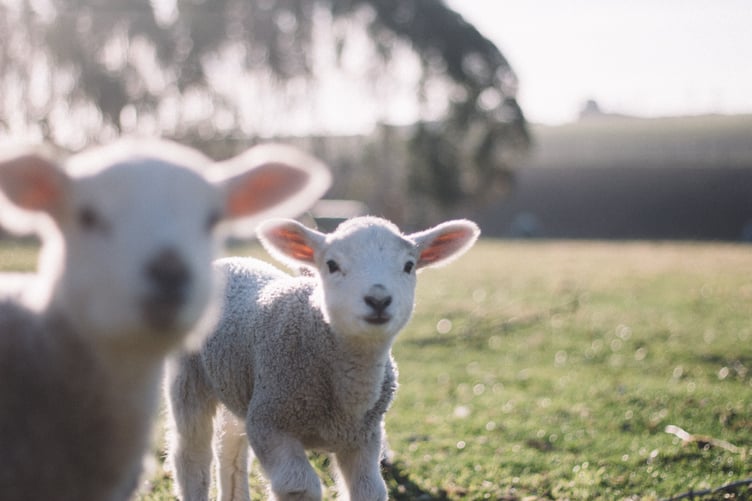An agricultural expert has warned farmers they risk heavy financial losses if temporary employees taken on during the busy lambing season are inadequately insured.
Rupert Wailes-Fairbairn, of rural insurance broker Lycetts, also emphasised the need to insure new additions to flocks, with livestock rustling incidents having risen during the cost of living crisis.
“Having the correct insurance in place is vital to safeguarding livelihoods,” he said.
“This is one of the busiest periods of the farming year and extra staff are often employed to help manage the increased workload.
“The demands of lambing may dominate farmers’ minds, and time, but they can ill-afford to forget the importance of Employers’ Liability insurance. Farming, after all, can be one of the most dangerous of occupations.”
The Health and Safety Executive found that 25 people were killed in the agriculture sector in 2021/221. The highest cause of fatalities involved people being struck by farm vehicles such as quad bikes – often used during lambing season.
“Apart from the trauma for all concerned, claims for accidents – even non-fatal incidents – can cost thousands of pounds,” said Mr Wailes-Fairbairn.
“The assumption shouldn’t be made that having a farm insurance policy offers adequate protection – Employers’ Liability insurance is not automatically included. Moreover, it should be remembered that part-time, casual, seasonal, temporary and voluntary workers all constitute employees.”
To help prevent incidents that lead to claims, Wailes-Fairbairn advises temporary workers to be given a thorough induction and comprehensive training, while all health and safety procedures should be carefully observed. Toolbox talks are a useful additional resource that can be used.
“It is also important to check that new lambs are included in your farm insurance policy. Not all policies will cover this, and with flock sizes often doubling during lambing, and livestock theft on the rise, under insurance could cost you dear.
“Progeny should be insured under the loss of revenue section of the policy, which provides wider cover than purely insuring under the livestock section.”





Comments
This article has no comments yet. Be the first to leave a comment.